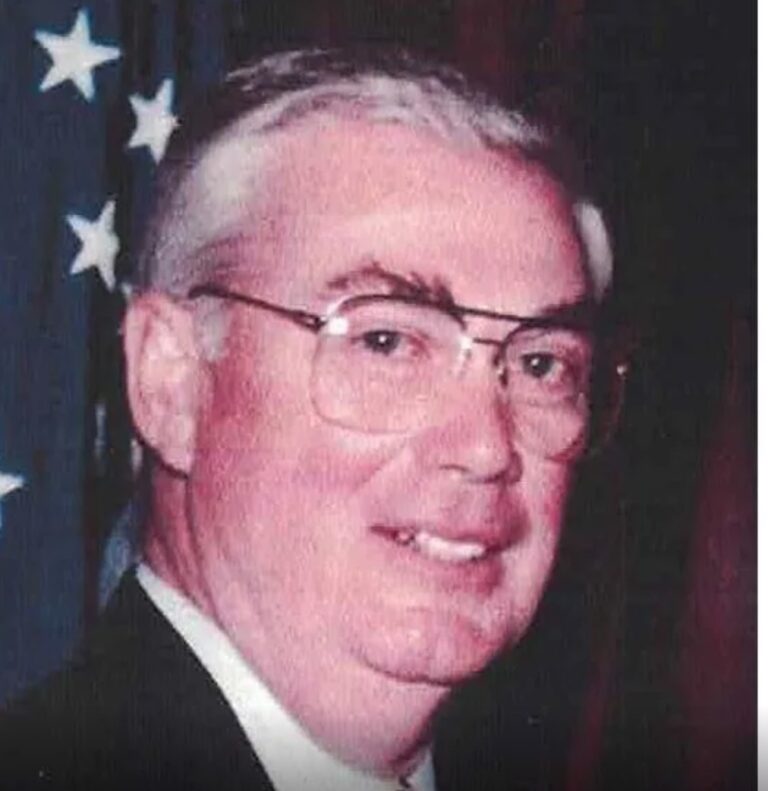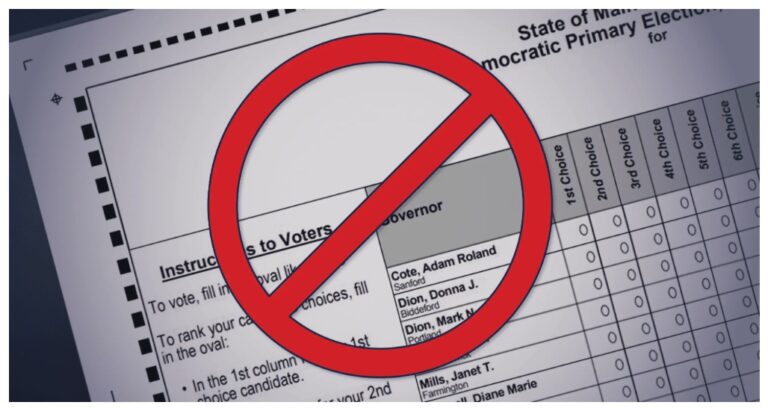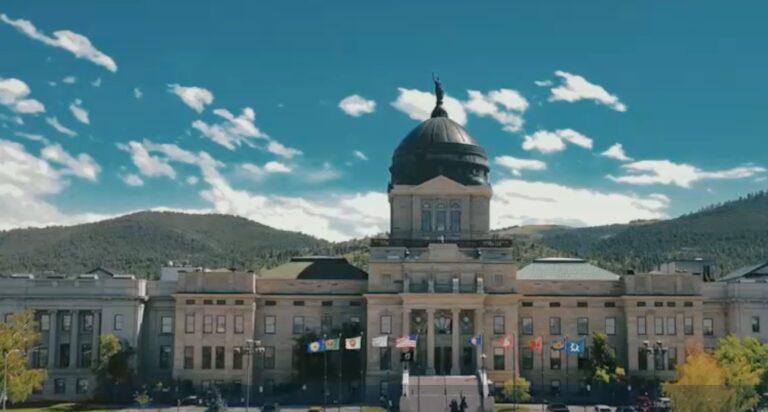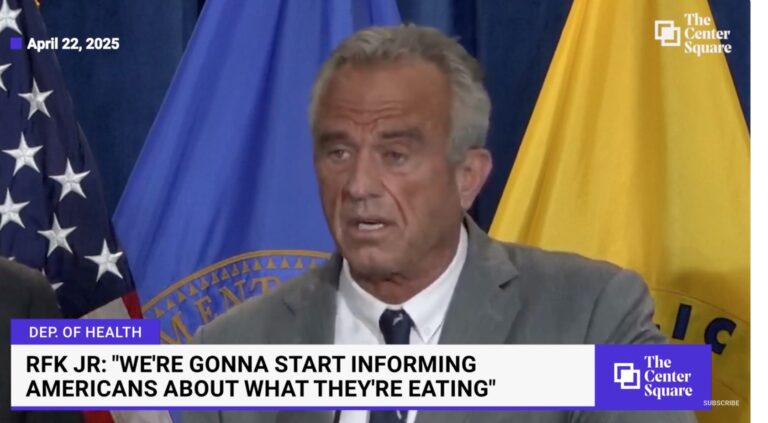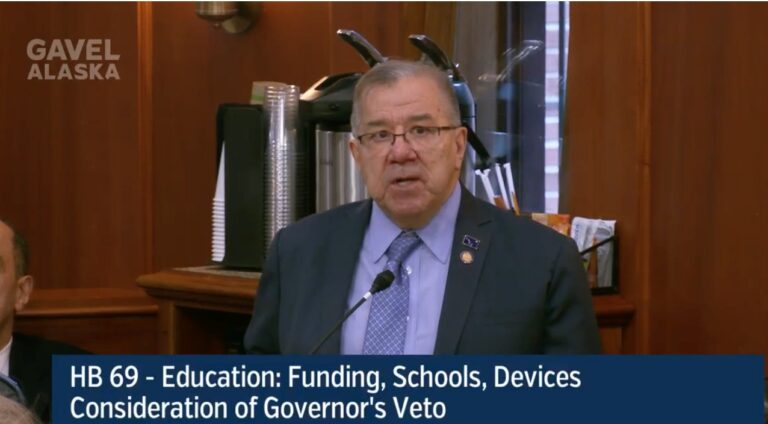William “Bill” Sharrow, a decorated brigadier general in the Alaska National Guard and the longtime state director for the late Congressman Don Young, died April 11, 2025, with Margaret, his beloved wife of 69 years, by his side. He was 92.
Born Aug. 19, 1932, in the iron mining hamlet of Witherbee, NY, Bill’s life was defined by duty, service, and deep commitment to both his country and community.
After working as a hard-rock driller in an iron mine following high school, he was drafted into the Army during the Korean War and stationed in Anchorage in 1952 with the 867th AAA Battalion. Alaska would capture his heart, and shape his future.
While in Alaska, a sergeant enlisted Bill and three fellow soldiers to help build a log cabin near Palmer. It was there that he met Margaret, who was a nurse at the Palmer Hospital. The connection would define the rest of his life. After his discharge in 1954, he returned briefly to New York and joined an Army Reserve unit, but soon realized Alaska, and Margaret, were where he truly belonged.
He returned to Alaska, joined the Alaska Army National Guard, and was commissioned as an officer in 1956. Over the next two decades, Bill rose through the ranks, serving in an array of vital roles including radio repairman, supply officer, personnel officer, and Command Administrative Assistant to the Adjutant General. His leadership culminated in his appointment as Chief of Staff for the Alaska National Guard in 1972, and later that year, his promotion to Brigadier General.
In 1974, after more than 20 years of distinguished military service, Bill transitioned to a new kind of public service as the state director for Congressman Don Young, a position he would hold for 24 years. He served the state through the heady days of the building of the Trans Alaska Pipeline System, the boom and bust economic turns, and during the Exxon Valdez oil spill, and the signing of the Alaska National Interest Lands Conservation Act (ANILCA) into law by President Jimmy Carter.
In a 2007 Congressional Record tribute, Rep. Young called Bill Sharrow “a truly great American” and praised his unwavering dedication to the people of Alaska. “When I was unable to attend an important function or meeting,” Young said, “it was Bill that I always trusted to represent me.”
Read the Congressional Record entry about Bill Sharrow at this link.
Congressman Nick Begich noted that his family played a large role in all of this.
“Bill Sharrow served the state of Alaska for nearly a quarter of a century as Don Young’s trusted right-hand man in the state. It takes a team to be Alaska’s only US representative, but it takes a team at home, as well. Thank you to Bill’s family for allowing him to serve all Alaskans for so much of his life,” Begich said.
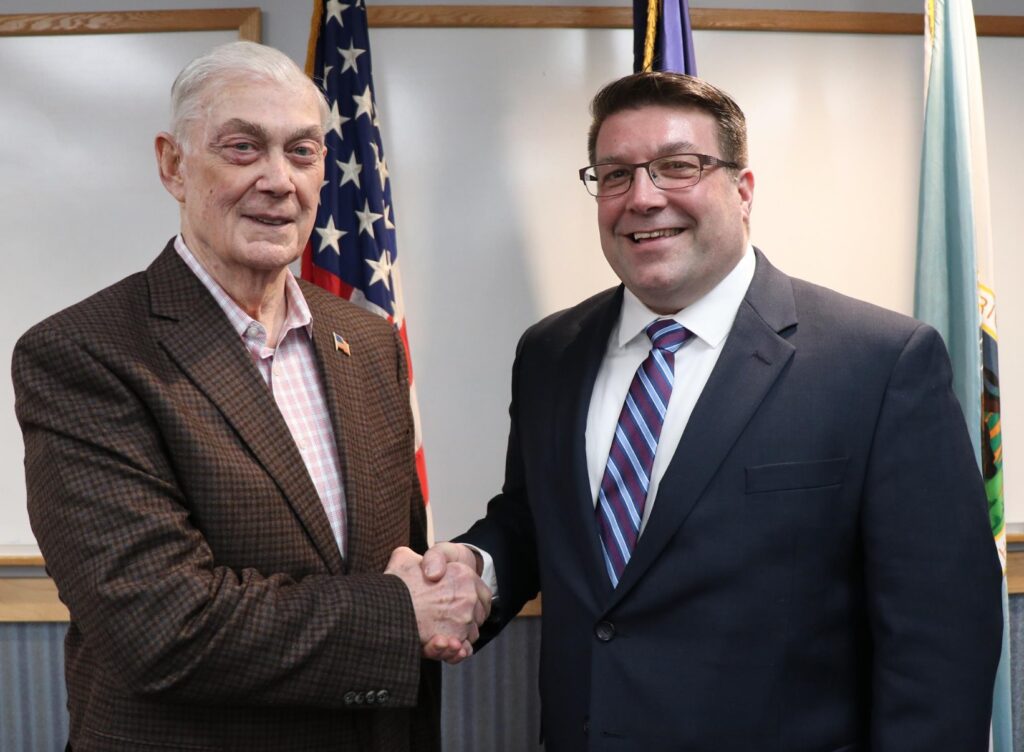
Outside of his professional life, Bill was committed to his community and faith. In 1958, he helped found St. Bartholomew’s Episcopal Church in Palmer, and later became deeply involved at St. Mary’s Episcopal Church in Anchorage after the family relocated there.
Chad Padgett wrote this tribute to him:
“Just before his passing, I had the opportunity to speak with him. I was undergoing cancer treatment in Houston, TX and was feeling a bit down. I heard Bill was having a serious health issue so I called him to say hello. As always, Bill was strong. He knew his fate was sealed but because of his faith in God, he was not sad about passing as he absolutely knew where he was going, to heaven. Once again, as Bill had done many times throughout the 30 years I have known him, he cheered me up, made me laugh, and I forgot all about my woes. So even from his literal deathbed, there was Bill, guiding me and making me stronger in my belief in God and humanity. Since that day, not only do I have an even stronger faith in God, but know that Bill is by his side, likely arguing (in a good way), as he was known to do, with Congressman Young. Now with Bill, Congressman Young and Ted Stevens all in heaven, we have many Titans watching what we do with their legacies.
“Bill Sharrow wasn’t just a boss—he was a mentor, a friend, and a rare kind of leader who left a lasting imprint on everyone lucky enough to know him. He led with quiet strength, unwavering kindness, and an innate sense of humanity that shone in both big decisions and small, unnoticed moments.
“One memory that stays with me is on a cold (subzero) day in January Bill saw a woman who was cold and, without a second thought, took off his own coat and handed it to her. That was Bill: always paying attention, always ready to help, no matter the circumstance. It wasn’t for show—it was just who he was.
“And then there was his laugh—deep, warm, and unmistakable. You could hear it from down the hall or across a crowded room, and it had a way of making everything feel a little lighter. His presence brought comfort; his humor brought joy.
“Not many people know that Bill played a quiet but pivotal role in helping bring the Alaska Military Youth Academy to life. He believed deeply in the potential of young people and was always looking for ways to help them build full, productive lives. Whether it was creating new opportunities or encouraging service to the community, he understood the power of investing in the next generation.
“Bill’s legacy lives on in the people he believed in, the lives he touched, and the way he made all of us feel seen, heard, and valued. He will be deeply missed—but never forgotten.”
A devoted husband, father, and grandfather, Bill took immense pride in his family. He and Margaret raised three sons — David, Philip, and Steven — and delighted in their six grandchildren and two great-grandchildren. After retirement, Bill and Margaret cherished their time together traveling, particularly enjoying river cruises and warm holidays in New Zealand with family.
A celebration of Bill’s life will be held at 4 pm on April 24, at St. Mary’s Episcopal Church in Anchorage.
Bill Sharrow served with honor, humility, and heart, and he leaves behind a legacy of leadership and familial love that will be remembered by all who knew him.
